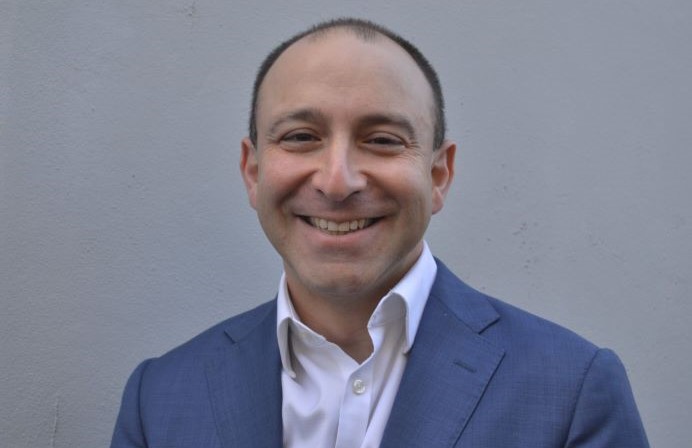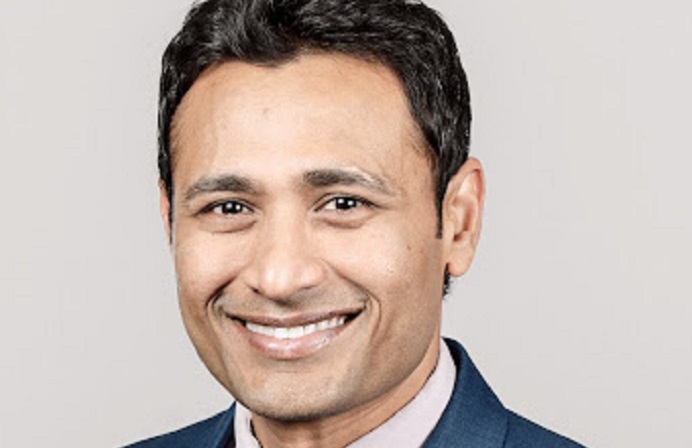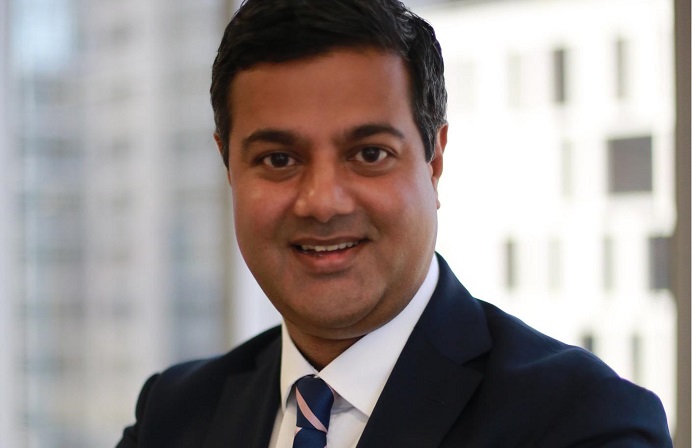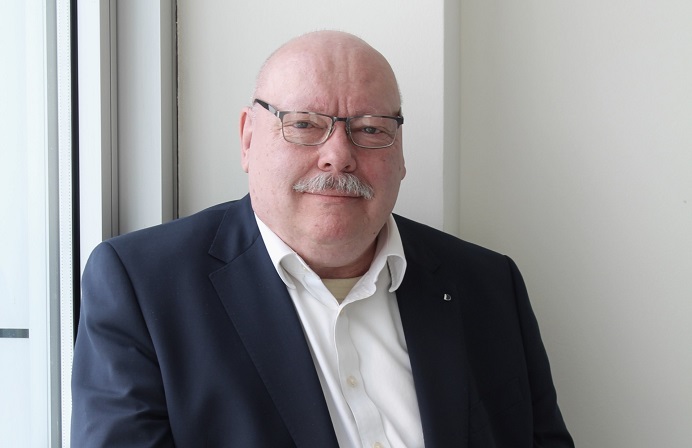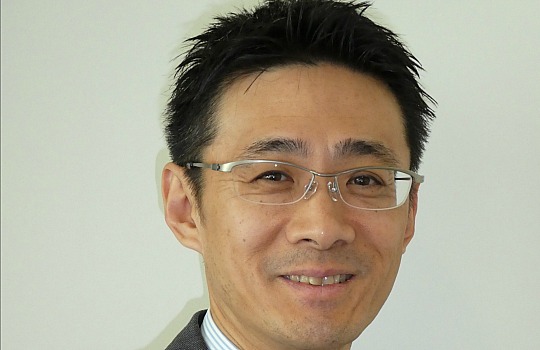
FST: What are your priorities for the next 6 months?
Masutani: The Bank has now operated in the Australian market for 30 years, and today we rank as the largest foreign bank behind the “Big Four” in corporate lending. We want to continue to grow and provide better service to customers.
FST Media: What are your priorities for the next 6 months?
Masutani: The Bank has now operated in the Australian market for 30 years, and today we rank as the largest foreign bank behind the “Big Four” in corporate lending. We want to continue to grow and provide better service to customers. Our immediate focus toward that objective is to offer increasingly diversified products, such as advisory services, project finance, securitisation, syndications and transaction banking.
As for our digital priorities, MUFG globally aims to improve our offerings, such as cash management services, to meet digital needs of our customers. At the same time, of course, it is critical for us to maintain high security levels for such services to protect against various cyber-attacks and malware.
FST Media: What technology or innovation is proving to be the single biggest game changer across the finance industry?
Masutani: Among the various technologies that will make major impact on financial services, Artificial Intelligence (AI) seems to be one of the biggest potential “game changers”. AI could affect wide areas of the financial industry, including credit assessment, investment advice, operational process, customer communication, and for retail operations may drastically change the way a branch or a contact centre would work. For example, in Japan the Bank has introduced AI, using IBM Watson, on a messenger application, LINE, to answer inquiries from our customers. We are testing AI with other customer interfaces, including Virtual Assistant as a smartphone application, and having a robot in branch offices to deal with basic customer queries.
FST Media: What is the most significant challenge MUFG faces as the popularity of alternative finance increases?
Masutani: Even though alternative finance may not become a mainstream player in the near future, it could provide opportunities for customers to learn about different options for things like rates or terms. This would affect how we should offer our products and services.
FST Media: In what ways can traditional financial services continue to develop under the threat of digital disruption?
Masutani: The pace of change will only increase. We must look to digital disruption as a friend and be in the forefront of change ourselves. Technological changes can create not only threats, but also new business opportunities. For example, it would be possible for us to provide investment advice to a larger group of customers with AI, which may expand sales of investment products.
In the kind of high end commercial work we do in Oceania, however, relationships will continue to be key and are a top priority for us. The trusted relationship we have built with our customers over the years means we better understand their business needs and the services they require.
FST Media: What are the key differences that can be found between the Asian and Oceanic digital and banking spaces?
Masutani: According to my colleagues in the digital space, in many emerging markets of Asia digital financial services are introduced via a mobile channel rather than starting via a PC channel as in Oceania, being a mature market in terms of digital banking services. And in the emerging Asian market some new financial services like mobile funds transfer have been created outside of the traditional banking network.
FST Media: What specific insights does MUFG bring to the Asia Pacific banking and financial management sectors?
Masutani: As one of the largest financial services providers in the world with a global network of more than 160 countries and jurisdictions, we bring to the industry and our customers our extensive network, depth and breadth of expertise, and knowledge of local markets worldwide. All these give us the ability to encourage the development of the financial sectors in the markets in which we operate while sharing with our customers insights that help them make informed decisions.
FST Media: What specific insight does MUFG, as an Asian bank, bring to the Australian banking sector?
Masutani: MUFG brings a different perspective to the Australian market. We can leverage off our Japanese heritage and being the biggest financial group in Japan, and the strengths those things can offer customers. We have a strong balance sheet, take a long term view, and pride ourselves on our reliability and loyalty to customers. But we also have a huge global network, having a presence in more than 40 countries. MUFG can thus also seamlessly provide an extensive range of commercial and investment banking products and services to businesses, governments and individuals worldwide.
FST Media: What is the next big thing for MUFG and how will you measure its success?
Masutani: One of the major topics for our Head Office at the present is Blockchain. MUFG has participated in consortium of global banks by R3 CEV, and partnered with a venture firm Chain to test digital bills on Blockchain, invested in a venture firm Coinbase, supported a proof of concept of security for transactions by the Japan Exchange Group, and has been evaluating the practical applicability of the technology. Its success will be measured once the technology is applied in production and actual cost reductions are achieved or new revenue is created.
FST Media: Where do you look for emerging technology trends?
Masutani: MUFG has dedicated group, the Digital Innovation Division, to closely follow emerging technology. The Division has team members in Silicon Valley, New York, Singapore and Tokyo.
The team is also keeping a close eye on what is happening in this part of the world. The banking sector and start-ups in centres like Sydney or Melbourne have been doing good work in innovation.
FST Media: How do you build a culture of innovation in your team?
Masutani: On a global corporate level, MUFG is placing emphasis on Open Innovation and organizing ideas contests, hackathons, and accelerator programs to promote innovation. Joining with different external players, it is important to bring openness to the organisation to foster an innovation culture. At the local level, competitive pressure and market expectations mean we must be agile. So, I encourage team members to always look at better ways to get the job done to provide superior customer experience. This can include process re-engineering to streamline back office functions and the automation of various procedures to improve accuracy and efficiency. A secret to success is to encourage greater collaboration and communication across and between teams.
FST Media: How do you spend your free time?
Masutani: My two children are still at school, so parts of most weekends for my wife and me are taken up doing the “taxi-run” with them to compete in various sporting events. For something different we all went fishing recently, but being winter we all got very cold and wet in the process! Although I attend my fair share of corporate functions, I also enjoy eating out and finding places that serve good food and wine.

